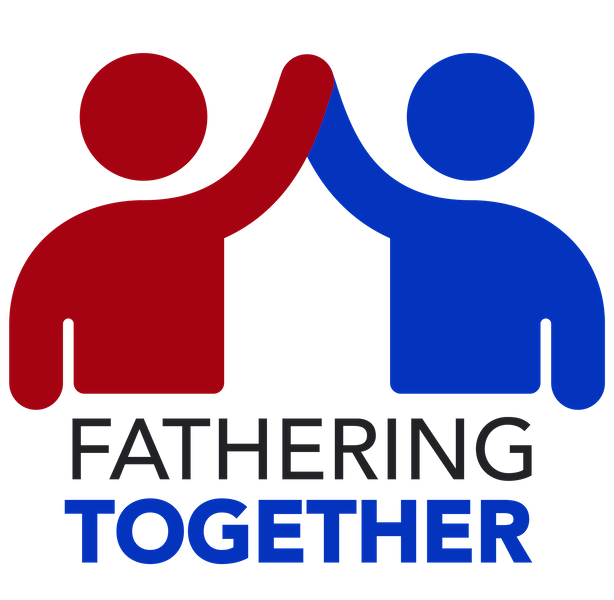
“Dad, why are they called ‘wisdom’ teeth?”
My younger daughter, Lindsay, recently asked this question, since she had just been told hers needed to be removed. Through some research I learned a common explanation is that unlike humans’ 6-year molars and 12-year molars, “third molars” arrive around age 17-25, when we are “wiser” than we were as children.
Granted, today we do not associate late teenhood with wisdom. In fact, wisdom teeth are vestigial organs that have become functionless due to evolution. Centuries ago, late teenhood was more like midlife. And during that time, our ancestors needed third molars to chew rough plants and raw meat before the human diet gradually softened and food became more processed. Today, it is wise for most people — like my daughter — to have their functionless wisdom teeth removed while their roots are small and not well-established.
While reading about the “wisdom” of removing these molars, the parent in me could not help thinking it’s also wise for families to remove habits that become functionless (or even counterproductive) over time. The key is noticing when a family habit, however useful or well-intentioned at first, is ready for removal from family life before it becomes too rooted.
“Family bed” falls out of fashion, literally
One of our vestigial family habits that had to be removed became apparent many years ago. My older daughter, Lauren, was 15 months old and not a good sleeper. Out of sympathy for her (and utter frustration with sleeplessness), my wife, Michele, and I had started to allow Lauren into our bed on some nights so we could all sleep a few more hours.
Our reluctant “family bed” routine quickly ended, however, with an incident that foreshadowed our radically different approaches to discipline. Michele and I were just coming to consciousness one morning when I felt Lauren slowly slipping off the bed near my knee. This was especially alarming given that our bed was high off the floor — a hardwood floor.
Fortunately, I woke up just in time to lunge for Lauren’s leg and grab her by the ankle before she finished her plummet. As I held Lauren’s ankle and began to lift her back on the bed, Michele, who had just bolted up and witnessed my save, declared: “That’s it! We have to get a bed rail on this bed.”
To which I retorted: “No! We need to get this kid back into her own bed.”
As we made our way down to breakfast, I teased Michele for her vision of an enormous rail-encircled bed. But our laughing stopped when Michele noticed chips in two of Lauren’s lower front teeth. She was not in pain, but my seemingly heroic ankle-grab had not stopped Lauren from hitting her teeth on our bed frame.
The sight of those teeth confirmed that it was time to extract our family bed routine from our lives. We had literally outgrown the family bed, much like ancestral wisdom teeth exceed the capacity of contemporary mouths. Enlarging our bed (or mouths) was not an option, at least in my mind.
Family habit check-up can prevent future problems
The road to an oral surgeon for wisdom teeth removal begins with a dentist’s referral after a check-up. Ideally, parents should try to perform similar “family check-ups” that identify when an old, no-longer-useful habit should be removed before its deepening roots make extraction more difficult.
Such a check-up would include a review of as many family habits as possible. For example, are children’s chores and roles around the house still age-appropriate? Are some still necessary, or have they outlived their usefulness? Are children taking on new responsibilities as they outgrow old ones?
In my case, the daughter who once fell out of our bed is now a young adult. Vestigial habits in need of removal, however, continue to surface sometimes. For example, when she first started driving, I filled the car with gas regularly so she could focus on the road and not worry about gas. But my ancestral brain recently thought: Why am I still doing this? She has been driving for several years and is perfectly capable of getting gas on her own. And, she does now thanks to my surgical removal of that habit.
From the family bed to the family car, try to pay attention as your family’s habits evolve. Sometimes the wisest habit is noticing when it’s time for a change.
Photo: © skif / Adobe Stock.

Leave a Reply